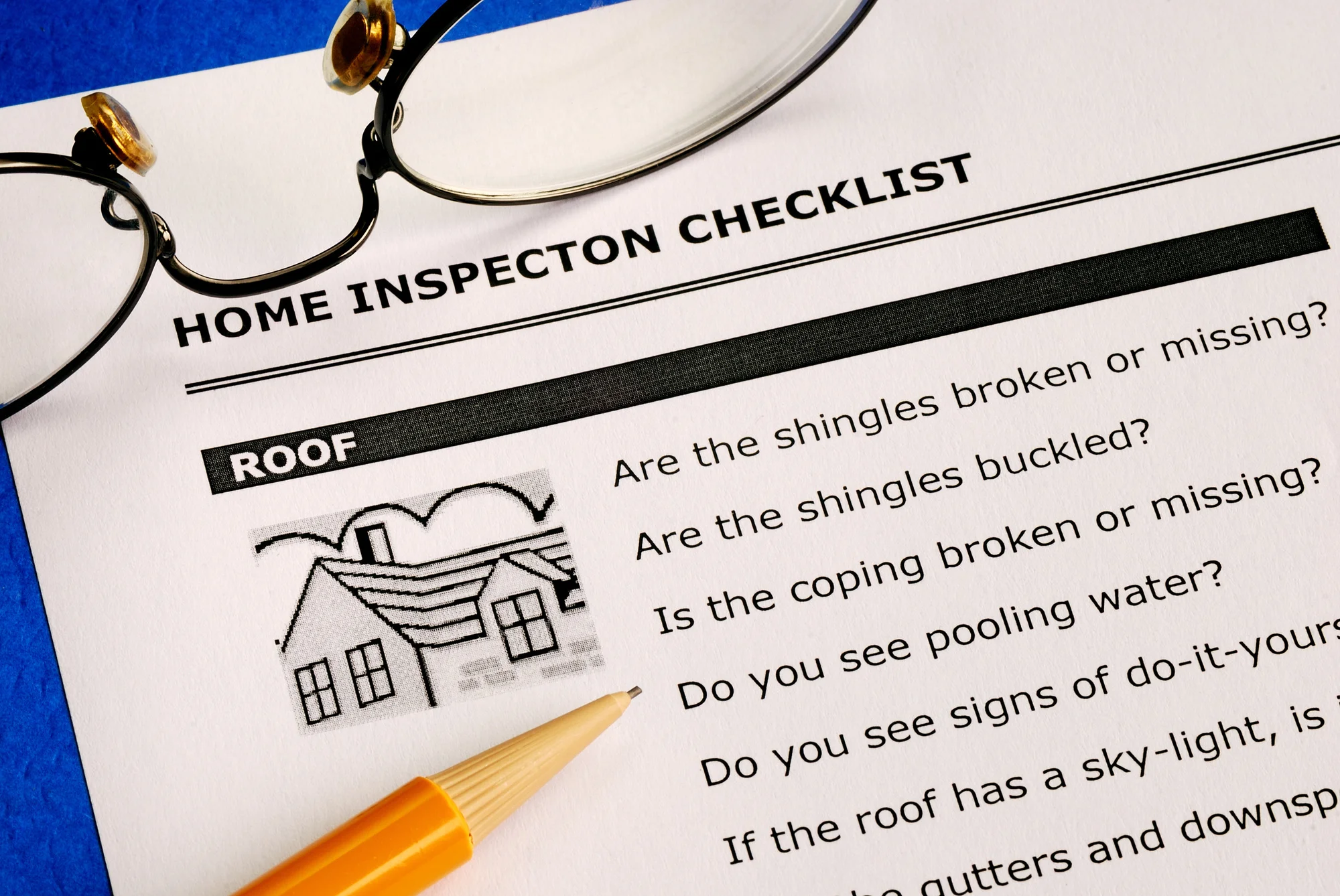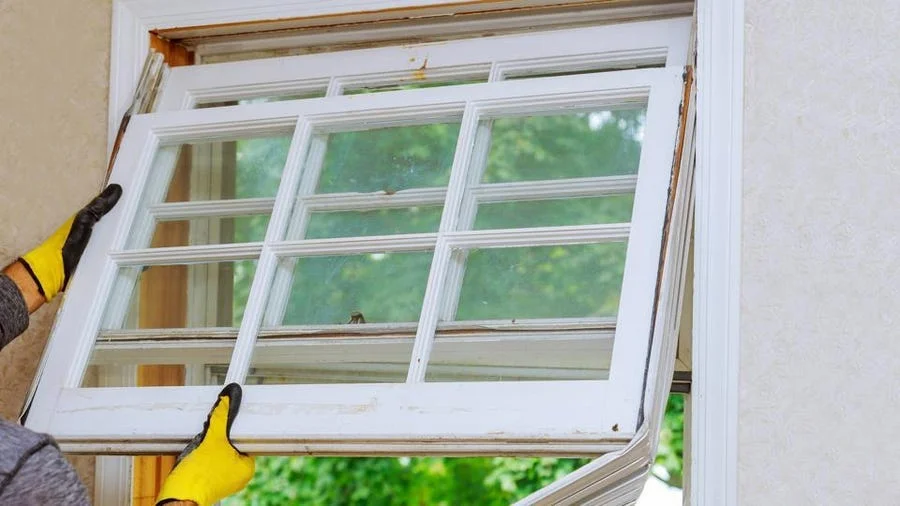In the 12 months ending in March, foreign buyers purchased 98,600 existing home units in the United States. However, this number fell 7.9% from the year before. This is because most international buyers prefer to see the home in person. Unfortunately, they often cannot do so due to travel restrictions.
98,600 existing home units were purchased by foreign buyers in the 12 months ending in March
The number of foreign investors purchasing US residential units increased by 2.7 percent in the 12 months ending in March, according to the National Association of Realtors (NAR). In the US, foreign buyers purchased 98,600 existing homes, accounting for 1.6 percent of all home sales. That’s the lowest level since the association began tracking data in 2009.
Foreign investment
The increase in foreign investment in residential real estate ended a three-year decline. Last year, international buyers purchased $59 billion worth of U.S. homes. That was 7.9% less than the year before, and the lowest total since the NAR began tracking this data in 2009. However, high home prices were the driving force behind the increase in foreign buyer spending.
Permanent residence
International buyers include recent immigrants, those with a permanent residence, and those who reside overseas. The number of all-cash purchases was almost twice that of non-resident foreign buyers. The most common foreign countries for international buyers were Canada, Mexico, and China. Buyers from India and Brazil were the least likely to use a credit card for their purchase.
Foreign buyers: pay cash for the home
The increase in foreign buyers has increased competition among domestic buyers. While they make up only 3% of the total number of purchases in popular areas, their numbers have increased competition in the market for homes. In addition to a higher demand, foreign buyers are more likely to pay cash for the home. While domestic buyers may be buying to use as their primary residence, 44% of international buyers bought their homes as a vacation home or rental property.
biggest foreign buyers: Canadians & Chinese
According to the Federal Reserve, foreign investment made up 2.6% of the $2.3 trillion in existing home sales. The biggest foreign buyers were Canadians and Chinese, who made up six out of ten of these transactions. In the coming months, rising interest rates are expected to affect overall home sales in the US, but foreign buyers will continue to drive sales.
After a decline during the Pandemic, the US housing market has seen a revival of international home buyers. Foreign buyers purchased $59 billion in US residential properties, breaking a three-year trend of declines. This increase is due in large part to increased purchase prices. The median price of homes purchased by foreign buyers reached a record $366,100.
Restrictions & Reporting Requirements
While foreign buyers can purchase houses and other properties in the United States, they may have to face a number of restrictions and reporting requirements. If they are a foreign national, they should seek legal advice before making the purchase. Additionally, they should consult a real estate attorney to ensure compliance with US laws.
Florida is the top location for foreign buyers

Florida is the top location for foreign buyers
According to the latest statistics, Florida is the top location for foreign buyers to buy private real estate. Foreign buyers make up nearly half of the market in Florida, and many come from Latin America. Europeans, Canadians and British buyers also make up a significant portion of the market. British buyers, for instance, tend to be more interested in buying in Florida than in any other US state. In fact, foreign buyers spend more money on Florida real estate than do Americans. International buyers bought a median of US$351,800 for each property, whereas Americans spent just US$305,500 per property. Foreign buyers from other nationality groups included British, Chinese, and Indian buyers.
Florida continues to attract foreign buyers, with nearly 22 percent of all non-American purchases occurring in the state by 2021. While other states such as California and Texas also had significant numbers of foreign buyers, Florida dominated the market by far. This is partly due to the state’s prime coastal location, which attracts many foreign buyers.
British buyers of Florida real estate
As a result, foreign buyers’ purchasing power rose dramatically. The Canadian dollar and the British pound each increased more than 10%, which may explain the large increase in British buyers of Florida real estate. Foreign investors typically purchased single-family homes, with 65% of foreign investors opting for this type of property. The majority of these investors bought homes for rental or vacation purposes.
Florida economy
Florida’s economy is based on tourism, and is remarkably stable. This is good news for foreign investors who want to make money from their investment property. The state is home to many popular attractions and is near beautiful beaches. In fact, CNN Money ranked Tampa among the top 10 cities for foreign investors to buy property.
Foreign buyers can buy homes in Florida either in their own name or through a legal entity. This allows them to minimize their liability, minimize taxes, and maintain confidentiality. Foreign buyers can also hire real estate agents to help them buy a property in Florida. However, it is important to be aware of the licensing laws of real estate agents in Florida.
- The first step in purchasing a Florida property is to determine your legal status. In most cases, foreign buyers are not required to obtain a U.S. visa. However, the rules change if they intend to stay in the country for more than 90 days. If you are unsure, contact an immigration lawyer.
- The second step is to secure a tax identification number. A tax identification number is required when buying property in Florida. In addition, Canadian buyers should open a U.S. bank account and be prepared for the costs and fees associated with buying a property. Additionally, it is best to consult a qualified local real estate agent to guide them through the process.
Once you have your finances in order, you should contact several brokers before settling on a property. Some brokers may have mortgage experts who specialize in working with foreign nationals. It can be a difficult process if you are buying a property for the first time in a foreign country. However, it’s worth your time to find a property you’re interested in.
Getting pre-qualified for a mortgage as a foreign national buyer without US credit history
Getting pre-qualified for a mortgage is essential when buying a home in the United States. Most lenders require a credit score of at least 720, but you can also apply with a lower score. Your credit score is important because it can help you qualify for lower interest rates. In addition, lenders will typically require a large down payment, ranging from 20 to 50 percent of the total purchase price.
Non-US Citizen
If you are a non-US citizen, you will have to meet additional requirements to secure mortgage financing. You will need to provide proof of your identity, income statements, and proof of your assets. This is especially important if you are buying a home in the United States without a credit history. A mortgage agent will likely want to see your social security number to determine your eligibility.
- Another step in the process is to establish relationships with US banks with international branches. If you have financial records with an American bank abroad, you’ll have more negotiating power with lenders. A foreign national buyer with a green card can also apply for mortgage financing.
Requirements of Land
If you meet these requirements, your lender will contact you to discuss details. Once you’ve been approved, you must sign a promissory note or provide additional documentation. The loan proceeds will be disbursed into your bank account in the United States in a few days. Depending on the lender, you’ll need to set up a repayment plan and set up autopay if applicable.
Mortgage
Getting pre-qualified for a mortgage is a fast and convenient way to determine whether you qualify for a mortgage. It requires you to provide some basic information about your financial status and budget and a lender will send you an estimate of your price range.
Your lender will require a credit report and two to three months of bank statements. These documents will help them determine whether your income is reliable and affordable. The mortgage lender will use these documents to determine if your income is sufficient for a down payment and closing costs. If you’re employed, you will need to provide your W-2 and pay stubs for the past two years. If you’re receiving alimony or child support, you’ll need to provide relevant documentation.
Mortgage process
The mortgage process can take a few days to a week. Your credit score will likely drop a few points during the pre-approval process. A pre-approval letter will state the name of the lender, loan amount, and expiration date. The letter will also contain any conditions on the pre-approval.
While it may be difficult to secure a mortgage for a foreign national buyer without US credit history, there are options available. Many foreign nationals with a green card or lawful permanent residence can purchase a home with just a 3% down payment. These loans are government-backed and FHA loans. However, you will need to have a high credit score and show recent bank and asset statements to qualify.
For more interesting new:
- Doug wright Holland & knight| A Former Partner at Holland & Knight, is an Executive Partner at Venable LLP
- Terry lee Flenory| Who is Terry Lee Flenory: Life & Career
- kyrgystán : Traveling to kyrgystán 2022
- The Main Functions of a Smart Contract Management System
- How To Install WordPress Using Different Installers
- The Best Tri-Mode Mechanical Gaming Keyboard
- A Perfect Duo
- Digital Marketing Efforts







